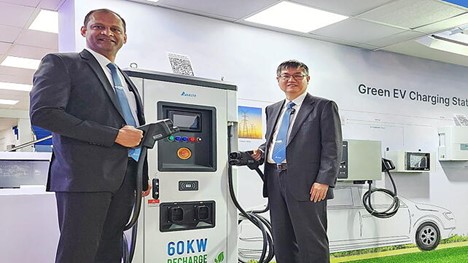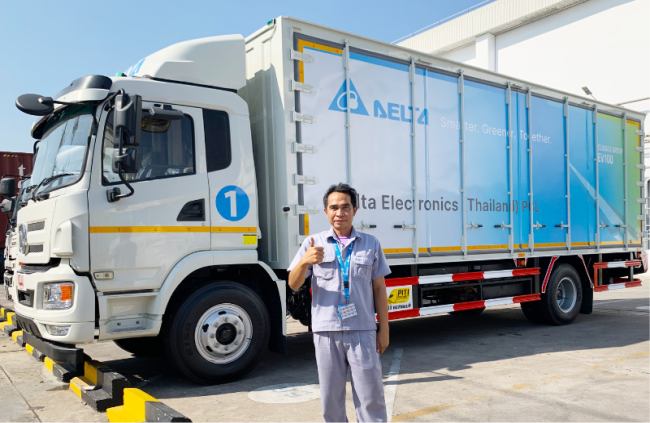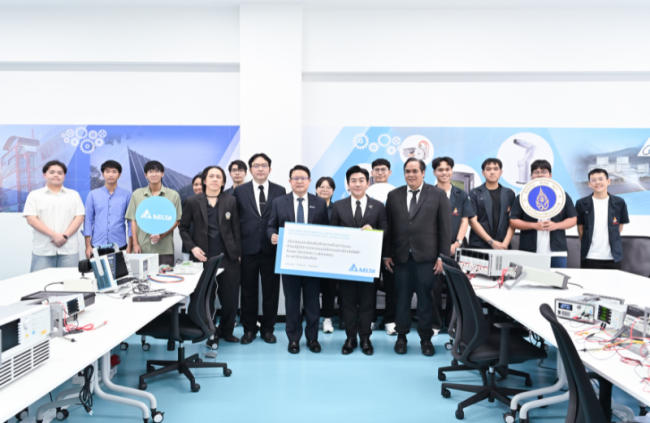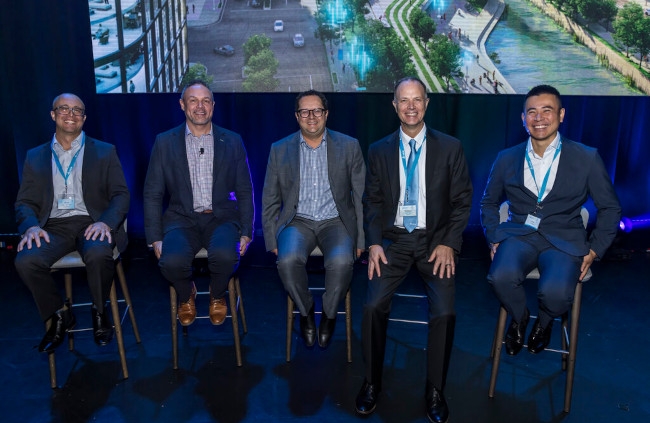Ultra-Fast Electric Vehicle Charging: The Race Towards Defining Future Of Mobility
By Delta India - Published May 20, 2024

Original article by Mr. Niranjan Nayak, MD of Delta Electronics India, published in The Mobility Times
The EV revolution is gaining momentum, driven by environmental concerns, government incentives, and technological advancements. However, one of the biggest hurdles to widespread EV adoption remains – charging time.
This is where the concept of ultra-fast EV charging comes in. With the potential to significantly reduce charging times, this technology holds the key to unlocking the full potential of EVs and accelerating the transition toward a cleaner transportation future.
The Challenge of Charging Time
Current standard Level 2 chargers typically take several hours to fully charge an EV battery. While this might be suitable for overnight charging at home, it becomes a significant inconvenience for long-distance travel. This is where DC fast chargers offer a significant advantage.
These chargers can deliver a substantial amount of energy in a shorter timeframe, typically reducing charging times to 30-60 minutes. However, even DC fast charging falls short of replicating the convenience of gasoline refueling, which generally takes just a few minutes. This is where ultra-fast charging enters the scene.
Current State of EV Charging in India
The current state of EV charging in India reflects a significant shift towards sustainable transportation, as highlighted in a report by the CII titled ‘Charging Infrastructure for Electric Vehicle’. Government initiatives at both central and state levels have played a pivotal role in driving the adoption of electric vehicles, leading to increased consumer choice and awareness.
The EV growth trend indicates a promising trajectory, with projections suggesting that, even under a business-as-usual scenario with a 40% year-on-year growth rate, India could see sales of approximately 106 million EVs annually by 2030.
However, to support this surge in EV adoption, there is a pressing need to expand the charging infrastructure. The report underscores the necessity of installing over 400,000 chargers annually, totaling 1.32 million chargers by 2030, to achieve a favorable ratio of one charger for every 40 EVs.
The Promise of Ultra-Fast Charging
Ultra-fast chargers, also known as high-powered chargers, boast even faster charging capabilities. These next-generation chargers aim to deliver a significant portion of a battery’s capacity in a much shorter timeframe, ideally within 15-20 minutes, bringing them closer to the refueling experience of gasoline vehicles.
• Reduced Range Anxiety
• Increased EV Adoption
• Improved Charging Infrastructure
Challenges and Considerations
While the potential of ultra-fast charging is undeniable, certain challenges to address are:
• Battery Technology: Current battery technology might not be fully optimized for ultra-fast charging. Rapid charging can generate heat, potentially impacting battery health and lifespan.
• Grid Infrastructure: Ultra-fast charging stations require a significant amount of power, placing additional strain on the existing electricity grid. Upgrading grid infrastructure will be crucial.
• Cost Considerations: Developing and deploying ultra-fast charging stations is expensive. Finding a sustainable business model to ensure widespread adoption will be critical.
The Road Ahead
Despite the challenges, the race for ultra-fast charging technology is a race worth winning. As battery technology evolves and grid infrastructure upgrades, ultra-fast charging has the potential to revolutionize the EV landscape.
By addressing the concerns around charging time, ultra-fast charging can unlock the full potential of EVs, paving the way for a cleaner and more sustainable transportation future.







